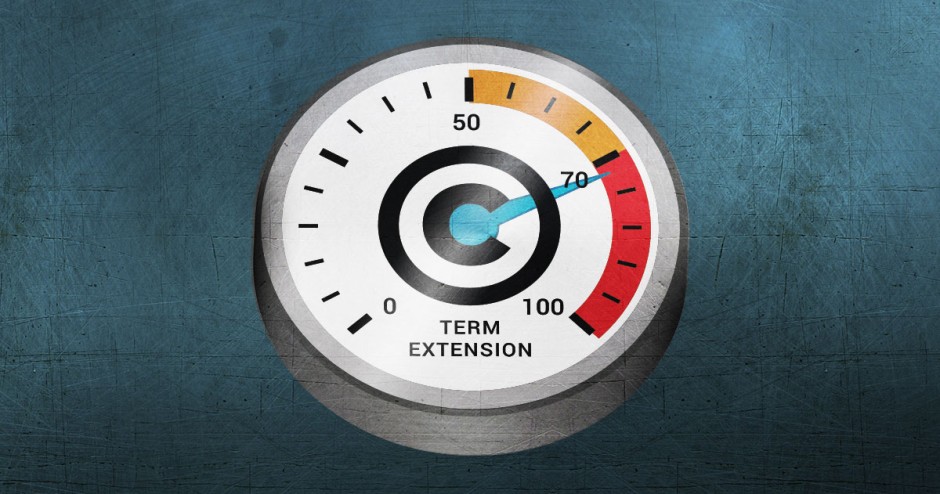EFF: TPP’s Copyright Term Extension Isn’t Made for Artists—It’s Made By and For Big Content Companies
The TPP will transform Canada's intellectual property rules into an alarmingly large barrier to free speech and free expression. Speak out now at StoptheSecrecy.net Article by Maira Sutton for EFF The following comment was written by Canadian filmmaker, Andrew Hunter, sent to party leaders asking them to come out against the 20-year copyright term extension in the Trans-Pacific Partnership (TPP) and stand for fair and balanced innovation policy. He emailed this comment as part of EFF's TPP's Copyright Trap campaign.
I am writing to express my serious concern that the Trans-Pacific Partnership agreement's intellectual property chapter may extend Canada's current length of copyright.
I'm a filmmaker, cinematographer and camera assistant by trade. Copyright is the foundation of how I earn a living. However I see the policy of copyright maximalism that is espoused by dominant players in both Hollywood and Canada as being detrimental to the health of our industry.
Copyright law should uphold a carefully crafted balance of public and private rights that encourages creation, while providing incentives for innovation and access for education, libraries, and other socially beneficial purposes. Excessive copyright term lengths undermine this objective. The foundations of culture is our ability to share, re-tell and rework stories.
Copyright maximalism is the belief that:
- All of one's work is original.
- Copyright is an innate right similar to human rights, which should be protected and expanded at any opportunity.
This is ironic as we in the film industry utilize references, be they visual, audio or written word, to communicate ideas and intent before we are "on the day" and actually have to execute the plan. Culture is the sum of the modulation of different mediums to convey human expression. Copyright maximalists do not acknowledge this contradiction, as it serves their interests.
In Canada, as in most countries of the world, the term lasts the lifetime of the creator plus 50 years after their death, or 70 years from the date of publication. The TPP however, threatens to override this and extend our terms by at least another 20 years, even for works that have already entered the public domain.
Extending copyright does not help artists, creatives and those people who rely on *creating*, rather than exploiting, copyrightable work for a living. Like fashion, much of the work that puts food on my table in fact encourages sharing and copying, as it is work meant to be disseminated as far and wide as possible.




 Take action now!
Take action now!
 Sign up to be in the loop
Sign up to be in the loop
 Donate to support our work
Donate to support our work